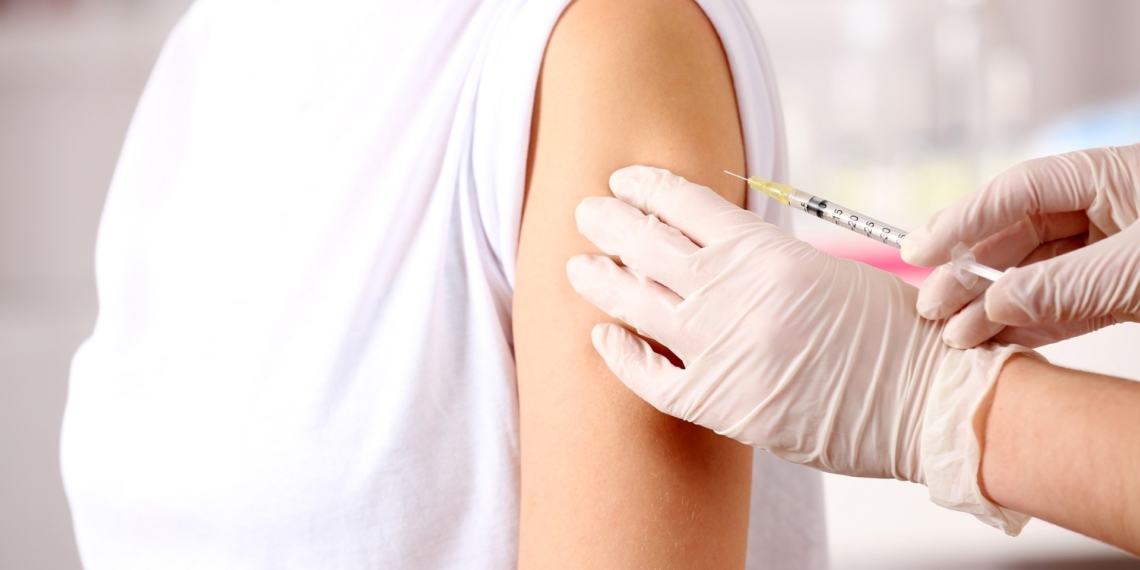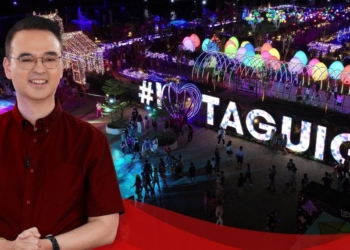Former House Speaker Alan Peter Cayetano and his allies in Congress have urged the Inter-agency Task Force (IATF) for the Management of Emerging Infectious Diseases to administer booster/additional shots to frontline health workers and immunocompromised individuals in view of their “high risk of exposure and distinct vulnerability” to the novel coronavirus.
This as Malacañang says it has allocated P45 billion for COVID-19 booster/additional shots in the 2022 national budget and as the government’s Vaccine Expert Panel says such doses should be administered only when the country has vaccinated 70 percent of the population.
Currently, only 11.7 percent of the population has been fully vaccinated while 14.8 percent are partly inoculated.
In a letter to the IATF dated August 20, 2021, Cayetano and his allies said the country needs to provide additional protection to the most vulnerable and to those who are fighting the pandemic amid the rising number of infections due to the emerging strains such as the Delta variant.
“This is aligned with recent pronouncements and recommendations made by health authorities in a growing number of countries such as the United States of America, the United Kingdom, Israel, France, Germany, China, Russia, Turkey, United Arab Emirates, Bahrain, and Singapore who are set to implement or are already implementing the same.,” they said.
Signing the letter with Cayetano were Taguig 2nd District Rep. Maria Laarni Cayetano, ANAKALUSUGAN Party-list Rep. Michael Defensor, Camarines Sur 2nd District Rep. Luis Raymund “Lray” Villafuerte, Laguna 1st District Rep. Dan Fernandez, Batangas 2nd District Rep. Raneo Abu, and Bulacan 1st District Rep. Jose Antonio “Kuya” Sy-Alvarado.

The group said workers in frontline health services must be offered vaccine booster/additional shots since they are constantly exposed to the virus while they perform their duties.
“Providing them with additional protection will allow them to continue taking care of Filipinos who require medical attention from COVID and non-COVID diseases and shield us from a possible collapse of the healthcare system,” they said.
The group noted that it has been almost six months since the country’s frontline health workers received their vaccines in March 2021.
“In a study conducted by Chinese researchers, antibodies triggered by Sinovac Biotech’s CoronaVac, which has been the most widely used COVID-19 vaccine brand in the Philippines, declined below a key threshold from around six months after a second dose for most recipients, but a third shot had a strong booster effect,” they said.
They said even the US Department of Health and Human Services (HHS) “has recognized that many vaccines are associated with a reduction in protection over time, and… that additional vaccine doses could be needed to provide long lasting protection.”
The group also pushed for additional shots for immunocompromised persons, noting that the United States Centers for Disease Control and Prevention (CDC) has stated that they are “especially vulnerable to COVID-19 because they are more at risk of serious, prolonged illness and they may not build the same level of immunity to two-dose vaccine series compared to people who are not immunocompromised.”
“Hence, CDC has recommended that people who are moderately to severely immunocompromised should receive an additional dose of mRNA COVID-19 vaccine after the initial 2 doses,” the group said.
They said neighboring countries with similar circumstances have started providing booster/additional doses to their population.
Indonesia has begun giving third shots for frontline medical personnel and health workers who are fully vaccinated with CoronaVac, amid concerns over its effectiveness against the more transmissible Delta variant.
Thailand, for its part, has started implementing the same program and even extended the coverage to the elderly, citizens with underlying diseases, and foreigners residing in high infection areas.
“We must stay ahead of COVID-19 and protect our fellow Filipinos against this virus through responsive and proactive policies,” Cayetano and his allies said.
“The continued increased risk that COVID-19 and its variants pose to the frontline health workers and to the immunocompromised, coupled with their inadequate, reduced or waning vaccine protection, warrants that booster/additional vaccine doses be made available to them,” they added.
The group said it is aware that the country has vaccinated “just a fraction” of the population because of the inadequate supply of vaccines.
“But the protection of the frontline health workers and the immunocompromised is a moral imperative and a practical necessity. They belong to a different public health category with unique vulnerabilities, which demands a different treatment,” they said.






